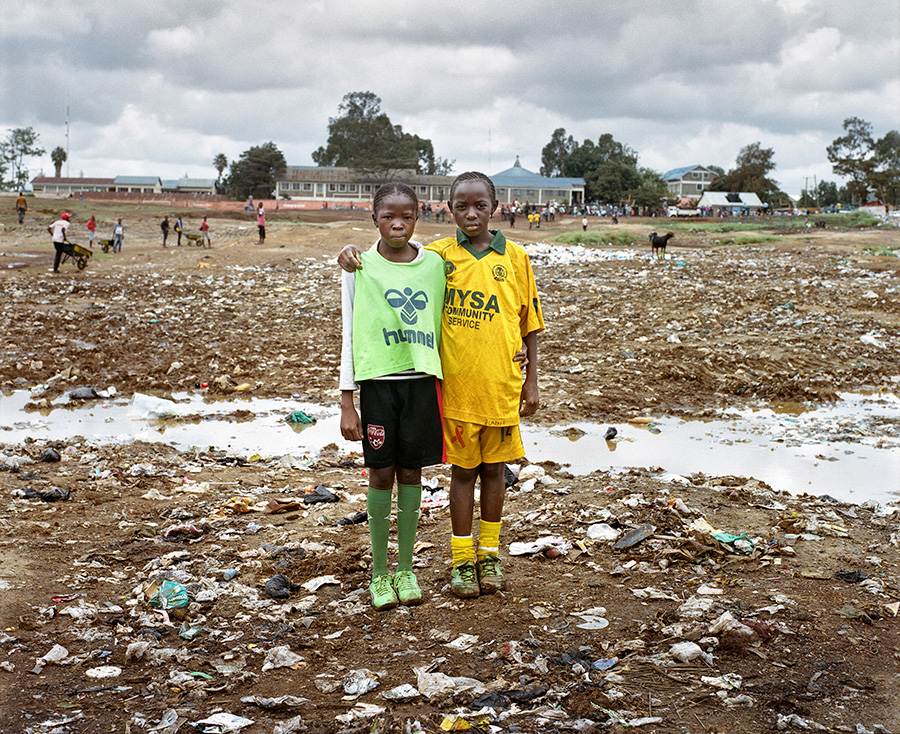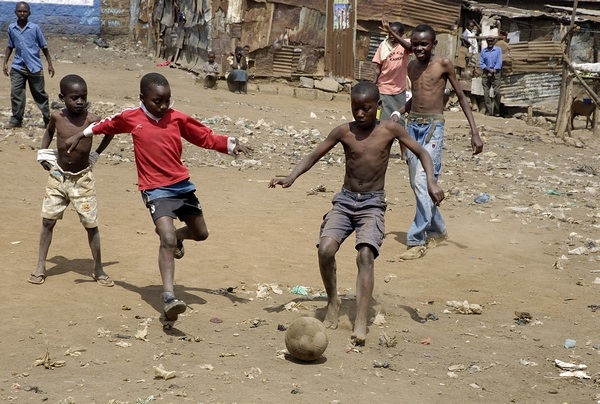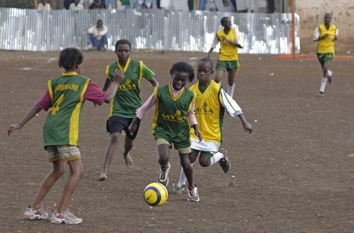Who We Are

Who We Are
MYSA was founded and registered as a self-help youth sports and community development project in 1987 and was first based in Mathare – one of Africa’s largest and poorest slums. Where more than 900,000 people live in slums and call these slums their home, living in mud huts with no clean water, electricity or sanitation. When you grow up in a place like this, it can be hard to be optimistic about your future.
Today over 30,000 youth on 2052 teams take part in the MYSA sports, slum cleanup, AIDS prevention, leadership training, jailed kids, photography, music and other community development activities. Another 10,000 youth from eight countries participate in a similar sport and development project initiated by MYSA in 1999 in the Kakuma refugee camp in northwest Kenya.
Today the MYSA Headquarters is located in Komarocks in the Nairobi Eastlands, supported by the 16 MYSA Zones.
Using Sport
We use sport combined with community outreach and development activities.To give young people the skills and confidence they need to aim higher, achieve more and improve their lives. MYSA is run by the Youth and for the Youth who take part in its activities and gives the youth an opportunity to dream of a brighter future.
There are 30,098 (Boys 20,107 and Girls 9,991) football teams in 234 Leagues across MYSA’s 16 zones. We play over 15,000 matches each year. But MYSA is more than football, apart from goals, teams earn points from taking part in other activities off the pitch, like community cleanups, participating in HIV/AIDS awareness sessions and volunteering as a referee or a coach for other teams. This earns extra points which could be the difference between a team winning the league, or being relegated.
Today, the organization continues to use sports activities, particularly football, as an innovative and effective way to get youth involved in helping themselves and their communities. In addition, over the years the organization has expanded its activities to include other sports; arts and culture, health education, youth offender repatriation programme and even community libraries.




